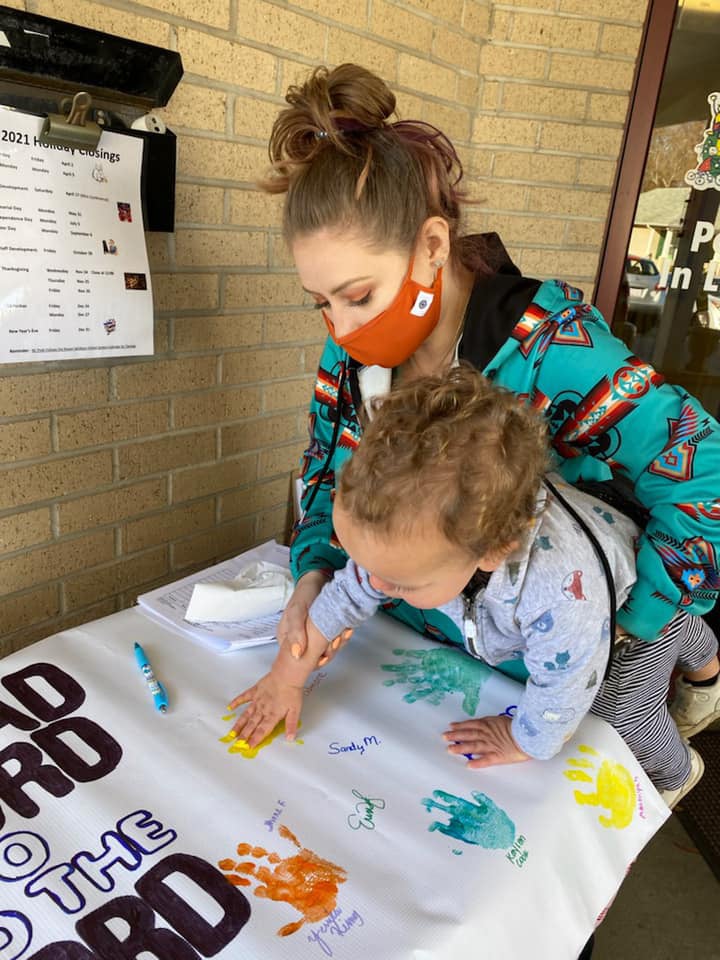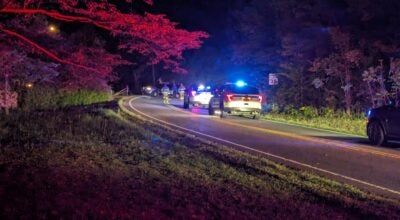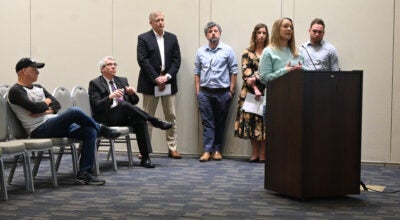Partners in Learning takes annual pledge to end ‘R-word’
Published 12:00 am Thursday, March 11, 2021
SALISBURY – Words have power, and Partners in Learning for the past decade has participated in a movement to end use of a word that can be used to deride 40% of its students.
The “R-word” has a decades-long history of being used to degrade people with special needs. Partners in Learning Executive Director Norma Honeycutt says for some people it has become part of their every day language.
“They just don’t realize how hurtful it is,” Honeycutt said. “So really it’s a lot about education so people will understand that this is hurtful.”
Honeycutt said the word makes people feel less than others when they just learn differently or need some extra help. A major part of Partners in Learning’s mission is serving children with special needs, and things have changed during her decades of experience.
PIL holds its own pledge drive for Spread the Word to End the Word, a national, annual affair to push for social change.
“We’ve been spreading the word about inclusion for 25 years,” Honeycutt said, adding PIL teaches its students compassion, decency and the value of equality.
Honeycutt said it was the standard for students with special needs used to be taught in separate preschool classrooms when she started in the field, but now they learn with everyone else. She has also seen availability of preschool programs for special needs kids increase.
Early Intervention Director Cassie Karriker has been organizing the pledge drive for the past few years. She said students are not required to take the pledge. Staff will speak to kids old enough to understand the concept. For kids who can not write yet, they can use a hand print. Other students will help kids who have trouble signing their names as well.
The pledge is easy for most kids to take because they already do not use it. Karriker said often the students do not even know the word because it is not used at Partners in Learning and parents will sign the pledge as well.
The drive is about more than striking a word from every day vocabulary. Teaching kids to be caring and inclusive as second nature is baked into what they do. The kids are taught to see each other as peers that learn differently and may need some help instead derision.
If, for example, a student with autism starts to wander away from the group, another student will bring their classmate back in.
“It just makes me proud,” Honeycutt said. “I hope the world could just take notice and understand people who are different.”







